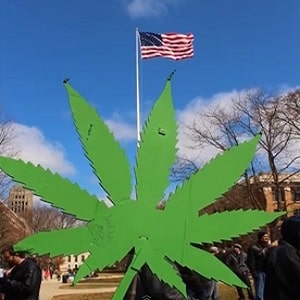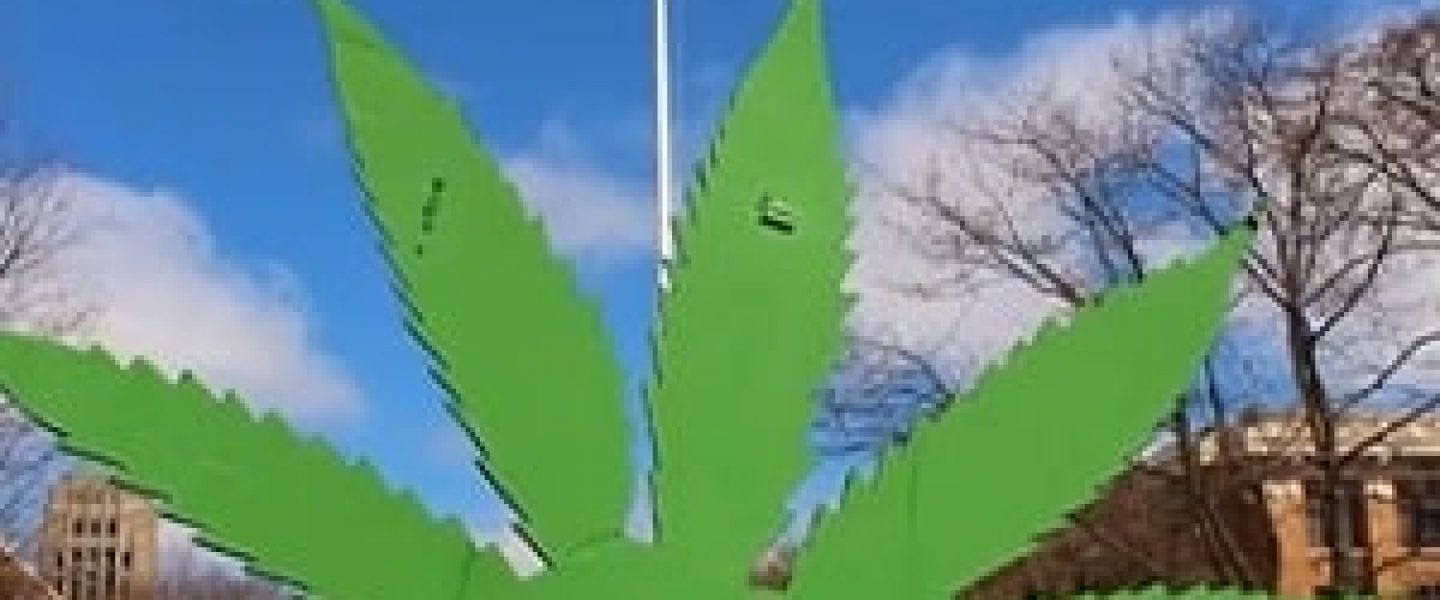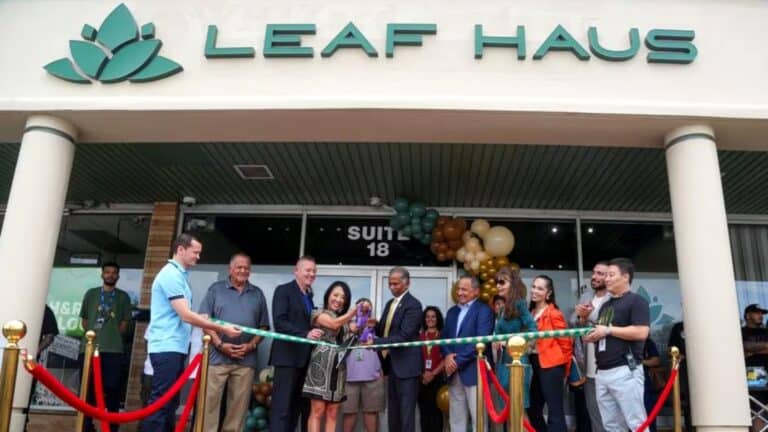 ILLEGAL AND UNFAIR PROVISIONS?
ILLEGAL AND UNFAIR PROVISIONS?
Many of the observers at the City of Detroit Zoning Board meeting on October 15 objected to some of the punitive and outright illegal proposals contained within the city’s ordinance regulating medical marijuana distribution centers in the city. Several attorneys who spoke to the Commission pointed out that at least one of their provisions likely violates state law, and others are just mean.
Medical marijuana businesses would not be allowed waivers by the Zoning Board of Appeals and by the Building and Safety Department for variances to the ordinance. That was an obvious red flag to those legal eagles in attendance. Surprisingly, when asked to explain this obvious oversight (and potential multi-million dollar lawsuit against the city) by the Detroit Legal Department, the city’s lawyers cited non-legal reasons for the controversial requirement’s inclusion: it was insisted upon by the city law enforcement community.
Citations:
Sec. 61-3-354 (c)
The locational specifications of subsection (b) of this section may not be waived by the Buildings, Safety Engineering and Environmental Department, nor the Board of Zoning Appeals.
Sec. 31-12-95
The spacing and locational requirements for adult uses, as specified in Sec. 61-3-344 and Sec. 61-12-92 of this Code, and medical marihuana caregiver centers, as specified in Sec. 61-3-350 Sec. and Sec. 61-12-92 of this Code, shall not be waived.
Sec. 61-12-96 (d)
Spacing and locational requirements pertaining to medical marihuana caregiver centers shall not be waived by the Buildings, Safety Engineering and Environmental Department, nor the Board of Zoning Appeals.
Sec. 61-92-12 of the Detroit City Code of Ordinances states that the normal prohibition from a school for a special use is 500 feet, and it outlines two different ways in which prospective business owners can seek and receive a variance. That option is not available to medical marihuana caregiver centers.
Current language requires dispensaries in Detroit to be 2,000 feet from each other, from liquor stores and other protected uses per Sec. 61-3-354 (b). The 2,000 foot barrier is DOUBLE the standard applied to strip clubs and topless bars. This is not a provision derived from dispassionate thinking, it’s a knee-jerk reaction to a loud citizens group.
A 2,000 foot barrier from other dispensaries is outrageous; one medical marijuana distribution center in the space where 9 liquor stores are located (at 500 feet apart)? How is this fair, or reasonable, or a proper way to administer your city?
Answer: it’s not. It is not intended to be fair, nor is it intended to be reasonable, nor is it intended to be justifiable to anyone other than Councilman Tate.
Consider how insulted the religious leaders on Detroit must feel. If the proposed Caregiver Centers are so heinous as to deserve a ridiculously-extended buffer zone from booze stores, but not from their houses of worship, Councilman James Tate must have been listening more to commercial interests than to the spiritual leaders in his own District.
Similarly, the use of the term Caregiver Center caused quite a stir among observers at both the Licensing and Zoning Commission meetings. Caregivers are registered with the state under the MMMA and are licensed to produce the medicines needed for their patients. Their activities are protected under the language of the MMMA, and that Act contains a supremacy clause. No local ordinance or state statute can impede their work, for the MMMA is supreme to all other laws.
This protected status was just reinforced by the Michigan Supreme Court in a decision known as Ter Beek vs Wyoming. In the Ter Beek case, an attorney from a Grand Rapids suburb sued his city for creating an ordinance that restricted the use and possession of medical marijuana by registered patients and caregivers. That ordinance was struck down by the high Court, and many observers asked if Detroit’s proposed ordinance would violate the Supreme Court Opinion in the Ter Beek case.
Even if the legal department feels confident that the ordinance does not advocate actions that would be contradictory to the Ter Beek Opinion, they should still be terribly worried. If they can’t accurately convey the fine line distinction they are tiptoeing around to the code enforcement officers across the city, and the people in the city’s licensing agencies, and each uniformed officer in the street, they leave the city vulnerable to lawsuit and added expense.
Similarly, a 30-day window for the removal of signs advertising the medical marijuana caregiver centers seems understandable, until you read that every other type of derelict business in the city gets 60 days to do the same.
Sec. 61-12-343 (d)
All signage identifying a building as a medical marihuana caregiver center must be removed within thirty (30) days of ceasing to do business or physical abandonment of the premises of the medical marijuana caregiver center.
Sec. 61-14-453
Unless otherwise required by this Chapter, within sixty (60) days of such closing, all business identification signage shall be removed.
READER: This is the latest in a multi-part series examining the details of the proposed Detroit medical marijuana distribution ordinance. Previous installments are:
Detroit Ready to Ban Butane Marijuana Extractions
Source: The Compassion Chronicles

























